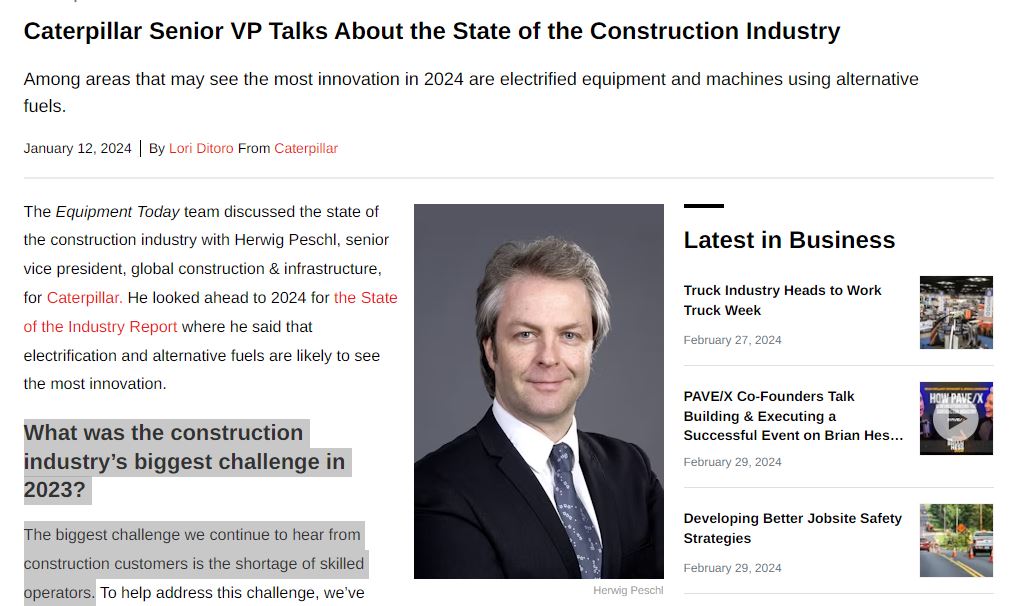For Australia Home Affairs Visa purposes – Overseas Visitors Health Cover
For Australia Home Affairs Visa purposes – Overseas Visitors Health Cover
Receive certificate of insurance online
Purchase online and you will receive your Certificate of Insurance via email.
Access to health network
24/7 Emergency phone line
Australia-wide Cover
Adequate health insurance (visa condition 8501)
Our OVHC policies, excluding Value Visitors Cover, meet the Australian Government’s requirements for adequate health insurance (visa condition 8501).
Simply follow this website link:-
https://payment.ovhcallianzassistance.com.au/?agencyID=868727&groupCodeID=A600
#overseasvisitorhealthcover


